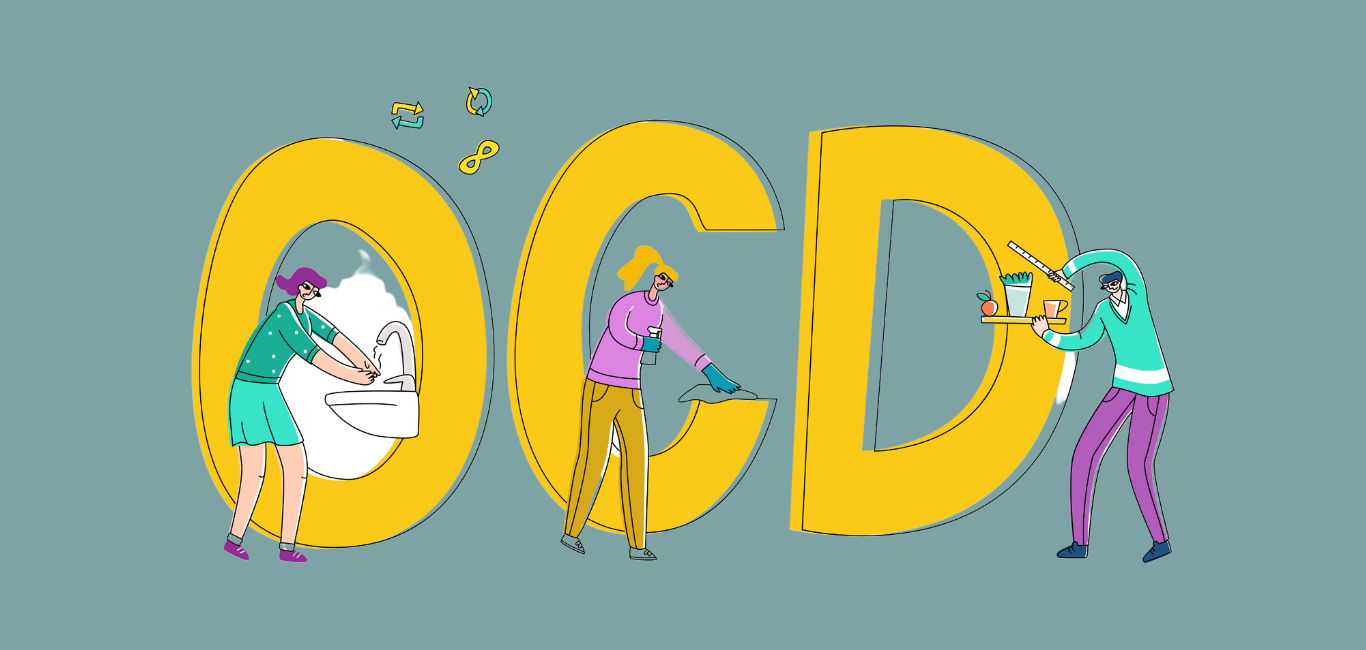
According to media reports, legendary football player David Beckham shares details of his obsessive-compulsive disorder (OCD) habits in an upcoming documentary. He spends hours tidying up his home after his family goes to bed. This often tires him out and interferes with his daily life.
Like Beckham, about 1 to 2.3 per cent of the world’s population live with OCD — a neuropsychiatric disorder. As conventional treatments are not adequately effective, researchers are delving for clues in the brain to gain deeper insights into this condition.
A new study published in Nature found a crucial connection between astrocytes and OCD. Astrocytes are supporting cells found in the central nervous system.
The accidental discovery
The interplay between neurons and astrocytes is extremely tight. Astrocytes influence synapse formation and eliminate the debris between neurons. These star-shaped cells also hold the neurons in place to help them function properly. Moreover, astrocytes provide the necessary materials for making neurotransmitters.
Researchers of the current study from the University of California Los Angeles (UCLA), US, were looking for the types of proteins in astrocytes to understand various neurological conditions. “We wanted to understand what makes up an astrocyte at the protein level and compare these findings to what makes up a neuron,” Joselyn Soto, first author and a neuroscience PhD student at UCLA’s David Geffen School of Medicine, tells Happiest Health.
However, they stumbled upon something else in the process. “We discovered for the first time that astrocytes express a protein [called SAPAP3] that has previously been shown to be involved in OCD,” Soto says. This accidental discovery encouraged them to investigate further how SAPAP3 is involved in OCD.
Incompletely understood
OCD comprises obsessions which are intrusive thoughts and unwanted fears. Compulsions are repetitive behaviours done to get relief from the obsessions, says Dr Om Prakash Singh, professor of psychiatry at the West Bengal University of Health Sciences, Kolkata.
“Currently, there are three [treatment] modalities for OCD — psychotherapy, pharmacotherapy [medicines], and psychosurgery,” says Dr Singh. He explains that higher doses of medicines are usually required for OCD. While psychosurgery is effective, it is a highly invasive procedure, he adds.
Hence, active research in humans and mice is underway to understand the neurobiology and find better management strategies for the condition, says Soto.
Finding SAPAP3 in stars
Studies have found that SAPAP3 influences the movement of neurotransmitters in the striatum (the region involved in movement and neuropsychiatric conditions) and maintains the shape of the neurons and astrocytes. “Therefore, changes or mutations in the protein could lead to obsessive-compulsive behaviours in mice,” Soto says.
The current study’s researchers wanted to see if the SAPAP3 could serve as a possible therapeutic target. Thus, they used advanced techniques to detect the proteins in the neurons and astrocytes of the striatum.
It was previously known that neurons had the SAPAP3 protein, but for the first time, they found its presence in astrocytes, which opened new avenues to understanding OCD.
OCD’s kryptonite
To investigate the role of SAPAP3 in astrocytes, the team removed the gene responsible for the protein in mice. They observed that the mice compulsively groomed themselves and exhibited elevated anxiety, such as pacing around quickly.
When the researchers added the SAPAP3 back into the neurons and astrocytes in these mice, the symptoms subsided.
This study shows that astrocytes and neurons could be valid targets for treatments to curb compulsion. “While it is not feasible to modify SAPAP3 or its gene, our studies show that perhaps we can find a signalling pathway to make things better in both astrocytes and neurons for OCD,” Soto says.
The next steps
Soto and her lab mates also aim to further look at the basic biology of both cells to understand how they contribute to OCD. “We also want to explore the direct mechanisms of SAPAP3 in astrocytes and neurons to understand how these two cell types directly contribute to OCD behaviours at the cellular level.”
With advancing knowledge, scientists are uncovering that some components of the brain play crucial roles in psychiatric disorders, says Dr Singh. “We get to know that certain proteins [like SAPAP3] and mechanisms are involved, and if you can target that, maybe we can treat and prevent OCD,” he says.

















